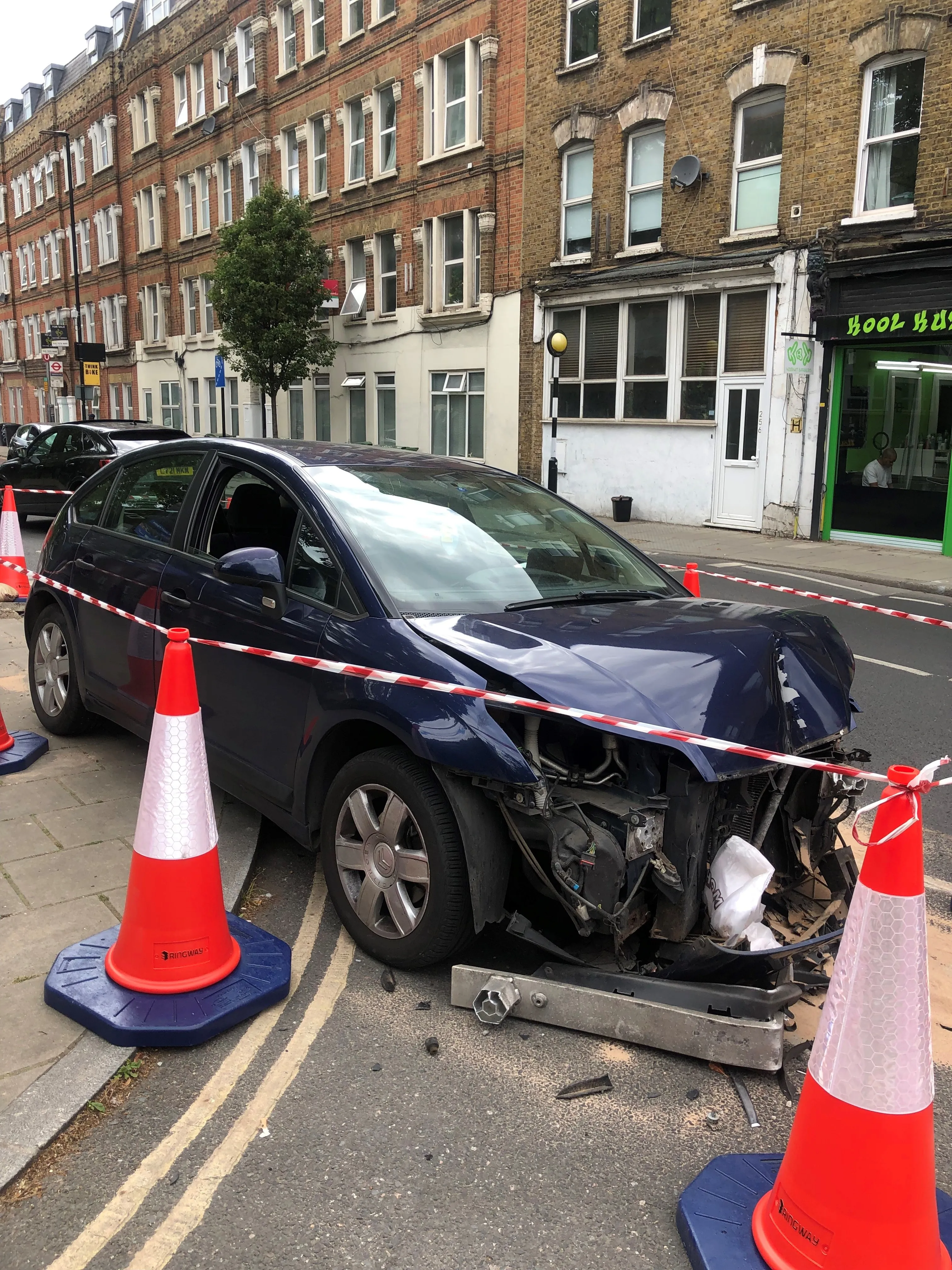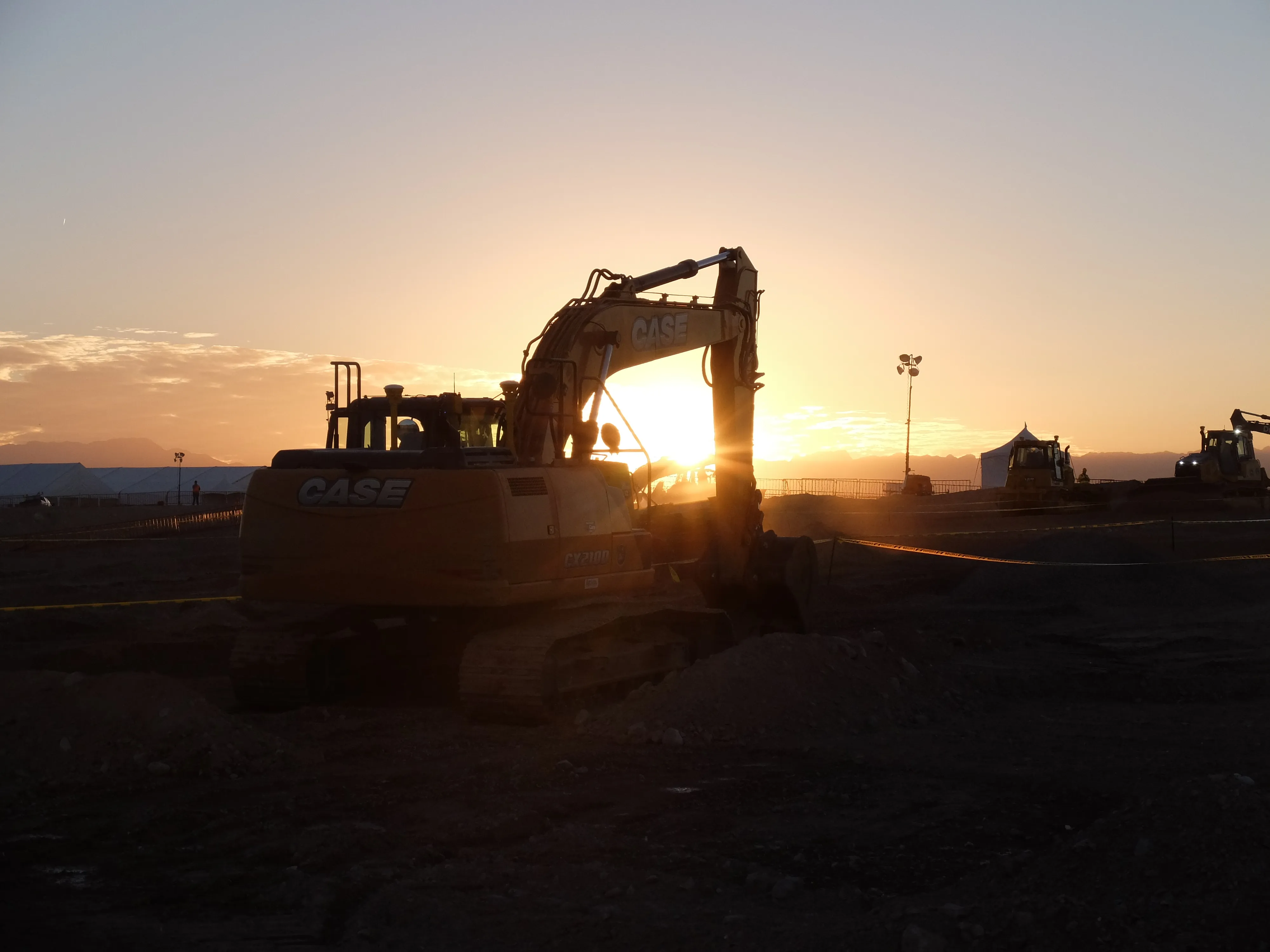
Road crash data could be available in real time for the emergency services. This would help to speed up response times to road crashes, making a significant reduction to road deaths and providing quick treatment for the injured.
A pilot programme for the TeCall system will deliver important data to the emergency services. Key information would be available to the police, fire service and paramedics about the number of vehicles and people involved for example.
Using eCall technology could revolutionise the ability of emergency services to respond to critical incidents. Developed by VESOS Solutions, TeCall can analyse e-Call connected vehicle data, which is now available from most modern vehicles. This will provide vehicle location; vehicle make, model and fuel type; number of occupants; whether vulnerable people are on board.
The development of the Proof of Concept has been made possible thanks to a grant from the 2022 Transport Research and Innovation Grants (TRIG) programme, and is delivered by Connected Places Catapult on behalf of the Department for Transport (DfT).









